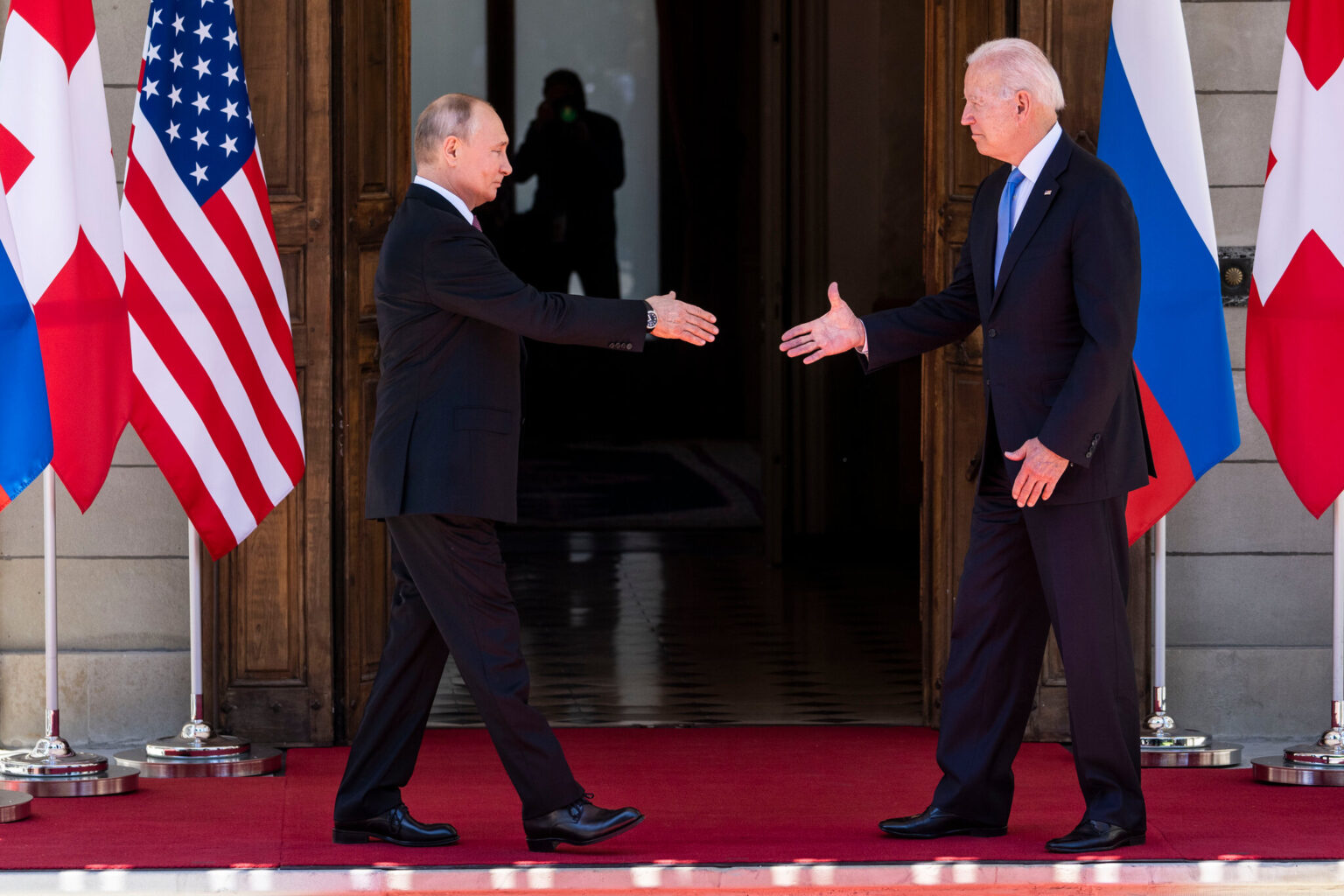In the latest development of escalating tensions between Russia and the United States, the Kremlin has dismissed a new US warning regarding new Russian nuclear capabilities in space. The U.S. alert, communicated to Congress and European allies, highlights concerns over Russia’s efforts to develop space-based weaponry, including anti-satellite nuclear weapons. However, Russian officials have rebuffed the new US warning, labeling them as a “malicious fabrication” aimed at securing additional funds for countering Moscow’s perceived threats.
According to a source briefed on the matter, the new US warning underscores Russian initiatives in space, potentially posing an international security risk. Despite these concerns, the source noted that the newly identified capabilities do not present an immediate danger to the United States. Kremlin spokesman Dmitry Peskov refrained from commenting on the specifics of the reports, awaiting further details from the White House. However, Peskov accused Washington of leveraging the situation to sway Congress into allocating more funds for defense purposes.
The dismissal of the new US warning echoes Russia’s ongoing narrative regarding Western attempts to undermine its security interests. Deputy Foreign Minister Sergei Ryabkov echoed Peskov’s sentiments, denouncing the new US warnings as baseless fabrications. Ryabkov’s remarks underscore Russia’s defiance amid mounting pressure from Western powers following Moscow’s military intervention in Ukraine, which has sparked one of the most significant geopolitical standoffs since the Cuban Missile Crisis.
The strategic rivalry between Russia and the United States extends beyond terrestrial borders into the realm of space. Both countries boast advanced military satellite capabilities, with the United States and Russia collectively possessing the vast majority of the world’s nuclear arsenal. Amidst growing concerns over the militarization of space, the new US warning suggests that Russia is pursuing the development of space-based weaponry, raising questions about the need for such capabilities and their potential implications for international security.
The prospect of space-based nuclear weapons has reignited debates over arms control and the prevention of weaponization beyond Earth’s atmosphere. While the Outer Space Treaty of 1967 prohibits the placement of weapons of mass destruction in space, recent advancements in technology have challenged the treaty’s efficacy. The emergence of space-based threats underscores the need for renewed efforts to uphold international norms and prevent the weaponization of space.
Despite the diplomatic rhetoric and geopolitical posturing, the underlying motivations driving Russia’s pursuit of space-based weaponry remain unclear. While the United States views Russia and China as its primary state adversaries, Moscow perceives Western dominance as waning and accuses Washington of disregarding the interests of other global powers. Against the backdrop of deteriorating relations, disagreements over arms control treaties have further strained bilateral ties, exacerbating tensions and raising concerns about the risk of nuclear conflict.
As the United States and Russia navigate a precarious geopolitical landscape, the need for diplomatic engagement and confidence-building measures is more critical than ever. Addressing mutual concerns and fostering dialogue is essential to prevent misunderstandings and mitigate the risk of miscalculation. With the specter of nuclear confrontation looming large, concerted efforts to uphold international security and stability are imperative in safeguarding the future of humanity.
As tensions persist between Russia and the United States, the specter of space-based nuclear weapons adds a new dimension to an already fraught geopolitical landscape. Amidst escalating rhetoric and strategic posturing, the need for diplomatic engagement and arms control measures is paramount in averting a catastrophic escalation of hostilities.
